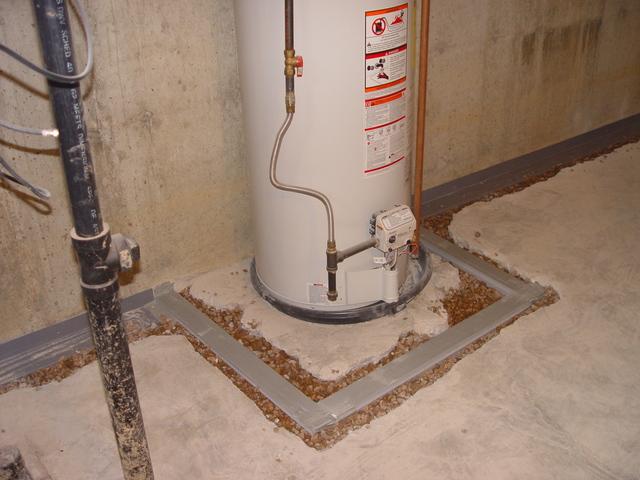In the journey to recovery, breaking free from the chains of addiction is not just a physical process; it’s an emotional and psychological battle against shame and guilt. Navigating through rehabilitation, individuals find themselves entangled in a web of emotions, often hindered by the weight of their past actions. This article explores the profound impact of shame and guilt in addiction, shedding light on the transformative journey toward overcoming these formidable obstacles.
Understanding the Chains: The Grip of Shame
Shame is a pervasive emotion that wraps its tendrils around individuals struggling with addiction. It thrives on secrecy and isolation, compelling individuals to hide their struggles from the world. In rehab, breaking the chains of shame begins with fostering an environment of acceptance and understanding. Counselors and support groups play a crucial role in dismantling the stigma associated with addiction, creating a safe space for individuals to share their stories without fear of judgment.
Unveiling the Guilt: A Burden Too Heavy
Guilt, another formidable chain in the realm of addiction, often emerges from the wreckage of broken relationships and shattered trust. It’s a heavy burden that weighs down individuals, hindering their progress toward recovery. Rehab becomes a sanctuary for addressing guilt, with therapy sessions providing a platform to confront past mistakes, make amends, and pave the way for healing.
The Role of Therapy: Breaking Links in the Chain
Therapeutic interventions in rehabilitation serve as powerful tools for breaking the chains of shame and guilt. Cognitive-behavioral therapy (CBT) helps individuals reframe negative thought patterns, fostering a healthier self-perception. Group therapy encourages solidarity among participants, showing them they are not alone in their struggles. Through these therapeutic avenues, individuals learn to dismantle the emotional chains that have bound them, paving the way for a more positive and empowered future.
Rebuilding Self-Worth: The Key to Lasting Freedom
Breaking free from addiction involves not only overcoming the shame and guilt associated with past actions but also rebuilding a sense of self-worth. Rehab centers focus on empowering individuals, helping them discover their intrinsic value beyond the mistakes of the past. Through counseling, mindfulness practices, and holistic approaches, individuals gradually reconstruct their self-esteem, creating a solid foundation for sustained recovery.
Embracing a Supportive Community: Strength in Unity
One of the most effective ways to break the chains of addiction-related shame and guilt is by fostering a supportive community. Rehab centers emphasize the importance of connections with others who understand the journey. Mutual support and encouragement create a sense of belonging, reducing the isolation that shame often thrives upon. Building a network of understanding individuals becomes a crucial aspect of long-term recovery.

The Journey Beyond Rehab: Sustaining Liberation
Rehabilitation is a transformative phase, but the journey doesn’t end at the facility’s doors. Sustaining liberation from the chains of addiction involves ongoing effort and commitment. Support groups continued therapy, and embracing a purposeful life contribute to a fulfilling, addiction-free existence. Breaking free from shame and guilt becomes a lifelong process of self-discovery and growth. If you found this article useful, you may also visit their page to read more about caring for someone with addiction.
Conclusion: Breaking Chains, Reclaiming Lives
In the realm of addiction, breaking the chains of shame and guilt is a fundamental step towards reclaiming lives. Rehabilitation provides the tools and support needed for individuals to overcome these emotional obstacles and emerge stronger on the other side. As we recognize the transformative power of breaking these chains, we also acknowledge the resilience and courage of those on the path to recovery.





